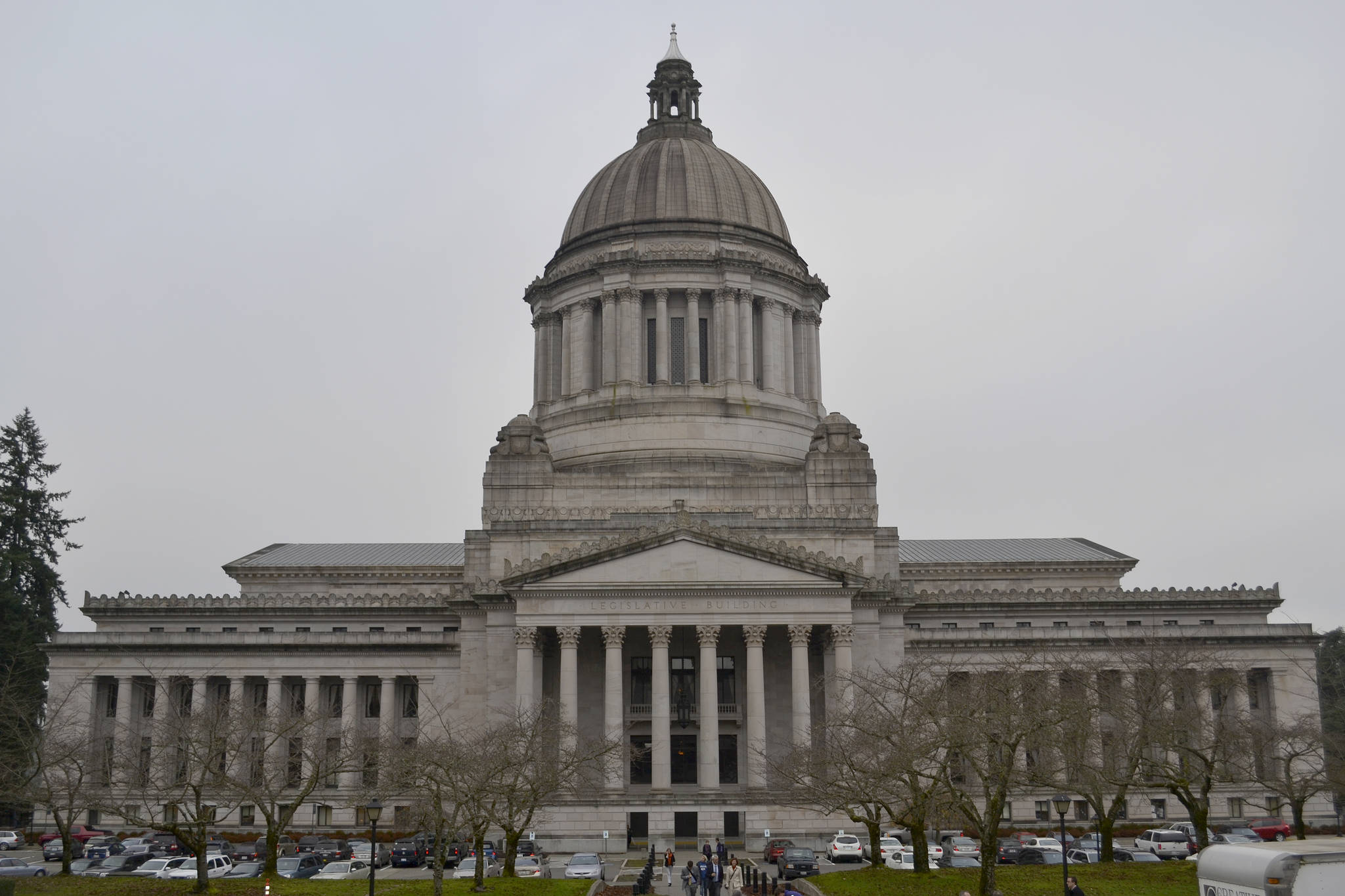Six hundred ninety-four.
That’s how many separate tax breaks and exemptions saved taxpayers—but cost the state—a little over $100 million from 2015 to 2017, according to the state Department of Revenue.
Lawmakers on both sides of the aisle differ on whether so many exemptions are necessary to economic growth in Washington.
On the skeptical side, Sen. David Frockt, D-Seattle, is sponsoring legislation that would require the state Department of Revenue, the governor, and lawmakers to review the hundreds of tax breaks on the books as a part of the standard bienal operating budget process.
Frock said that the current tax code “rewards the industries that have the most influence.”
“Some exemptions make no economic sense. It’s not really rational,” he added.
Frockt’s bill—SB 5513—would require the state Department of Revenue to prepare a biennial tax expenditure budget with detailed information on each of Washington’s almost 700 tax breaks. The information would include an estimate of the tax revenue lost from a given exemption, who it benefits, and its economic rationale. The legislature would review the report, after which lawmakers would decide whether to reauthorize the various tax preferences currently on the books.
The Joint Legislative Audit and Review Committee—the Legislature’s independent auditor—does its own comprehensive review of tax exemptions once every decade while the Department of Revenue produces a report every four years with limited information on tax exemptions. However, there is no institutionalized process requiring the lawmakers to thoroughly evaluate state tax code for potential modification on a regular basis.
“A tax expenditure budget makes sense to be developed every year to take a comprehensive and 20,000-foot view to see what we’re actually doing,” said Frockt.
The bill was introduced last session but never got a hearing in the Senate Ways & Means committee.
According to the 2016 Department of Revenue report on state tax exemptions, the vast majority of the 694 exemptions benefit businesses, while the rest go to a combination of nonprofits, individuals, agricultural businesses, and local governments. The majority of the exemptions target the business and occupation tax as well as retail sales and use taxes, followed by property taxes, per the report.
The number of tax breaks passed into law have increased dramatically in recent years. Since 1990, lawmakers have adopted 340 new exemptions—an average of 13 per year. In 2003 alone, 32 were adopted, according to the Department of Revenue report.
The beneficiaries themselves range from Christmas tree producers to non-profit church camps and cemeteries.
Andy Nicholas, fiscal policy director at the Washington Budget and Policy Center—a think tank that regularly advocates for tax reform—said that the number has increased due to the political appeal of tax exemptions to lawmakers who want to please constituents and special interests.
“It became popular to enact special tax breaks and number skyrocketed,” said Nicholas.
“The problem is that tax breaks end up being hard-coded into the tax code and, especially if they have no expiration date attached to them, can sit for years and decades without being looked at,” he added.
According to the 2016 Department of Revenue report, the vast majority of existing tax breaks don’t have an expiration date.
The bill—which was heard in the Senate Ways and Means Committee on Jan. 18—has limited bipartisan support; Sen. Mark Miloscia, R-Federal Way, has signed on as a co-sponsor.
“I’m for anything that’s bringing us better accountability,” Miloscia said at a Jan. 23 press conference.
Senate Democratic leadership is generally supportive of the proposal. “We haven’t gotten to the point of saying what has support and what doesn’t,” said Deputy Majority Leader Sen. Andy Billig, D-Spokane. “I personally support it.”
Sen. Randi Becker, R-Eatonville, said that the tax breaks already receive enough scrutiny and that they are necessary to keep businesses in Washington state.
Sen. Christine Rolfes, D-Kitsap County—who chairs the Senate Ways & Means Committee—said that the bill needs some technical fixes before it can advance out of her committee, such as how much staff time the Department of Revenue would need to fulfil the bill’s obligations and how much it would cost.
Frockt said that his broad approach to tax break reform is needed to prevent lobbyists from killing smaller efforts by lawmakers to repeal individual exemptions. “There’s a lot of people around here who get paid a lot of money to keep these provisions in place.”
This report was produced by the Olympia bureau of the Washington Newspaper Publishers Association.
Talk to us
Please share your story tips by emailing editor@kentreporter.com.
To share your opinion for publication, submit a letter through our website https://www.kentreporter.com/submit-letter/. Include your name, address and daytime phone number. (We’ll only publish your name and hometown.) Please keep letters to 300 words or less.

